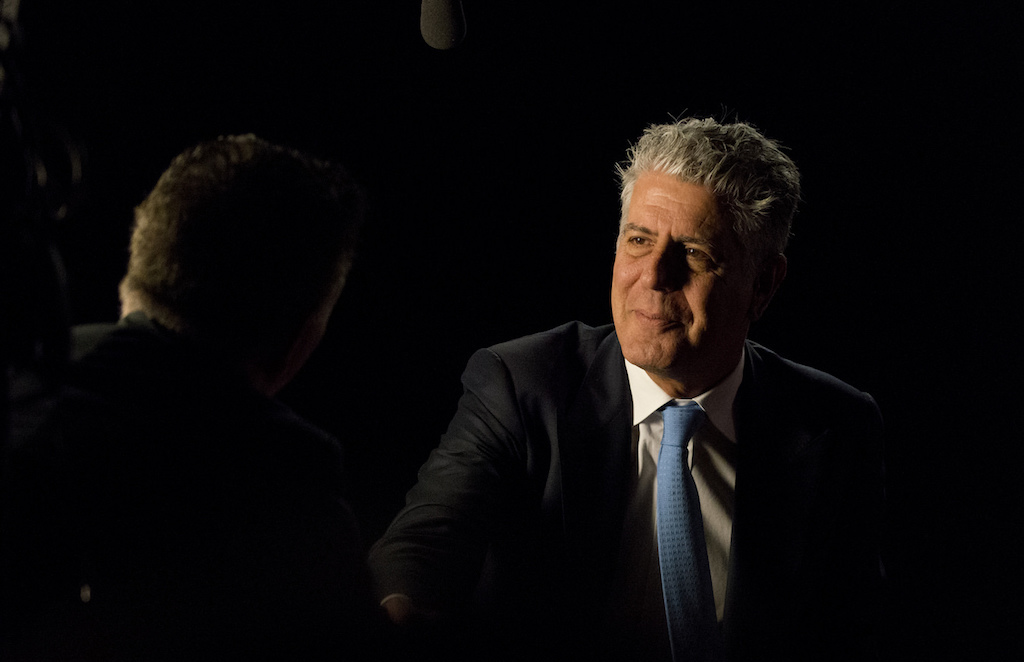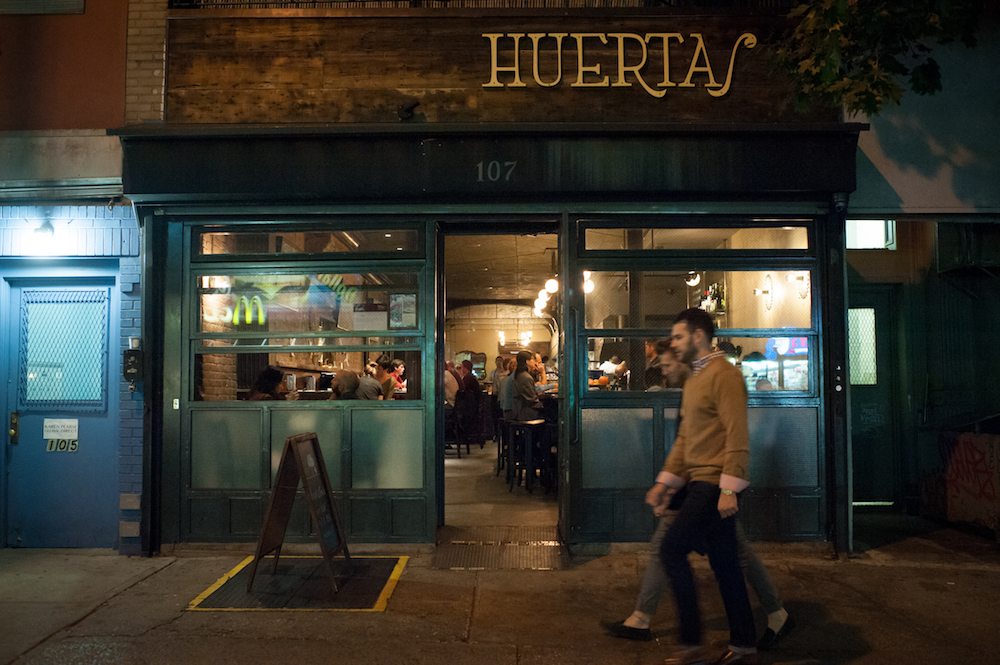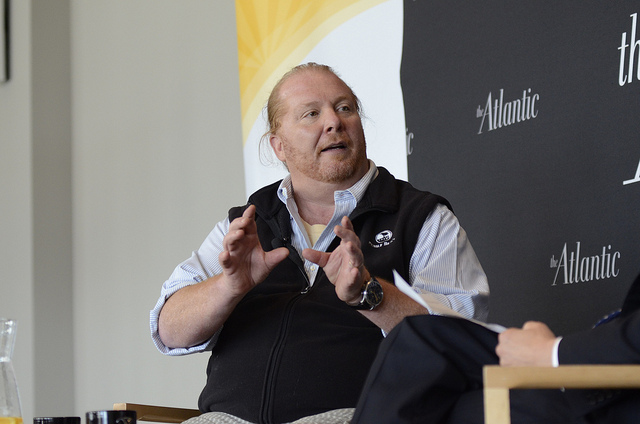Editor’s note: This piece originally ran on June 12, 2018.
As someone who teaches, writes, and thinks about food, specifically food’s ability to offer a window into the daily lives and circumstances of people around the globe, Anthony Bourdain’s suicide hit me particularly hard. Yes, he authored more than 15 books including the New York Times bestseller Kitchen Confidential: Adventures in the Culinary Underbelly, which put him on the map. But last week we lost more than just a major literary voice. At his best, Bourdain was one of America’s most important global citizens.
More than any other celebrity chef, Bourdain understood that food is political, and used his platform to address current social issues. His outspoken support for immigrant workers throughout the food system, and for immigrants more generally, colored many of his recent essays and interviews. When he died, he was partner to Italian actress Asia Argento, one of the first women to publicly accuse film producer Harvey Weinstein of sexual assault, and Bourdain used his celebrity status to amplify the voice of the #MeToo movement. It was a form of support that was beautifully incongruous with his hyper-masculine, back-of-house, front-of-camera image. Here Bourdain embodied another of the fundamental ideas of the sociology of food, that understanding the food system is intricately interwoven with efforts to improve it.
The black feminist poet Audre Lorde once wrote that “it is not our differences that divide us. It is our inability to recognize, accept, and celebrate those differences.” Bourdain showed us that by learning the stories of one another’s foods, we can come to understand the histories and develop the empathy necessary to work for a better world.
Watch Alison Hope Alkon’s TEDx Talk on Food as Radical Empathy.




